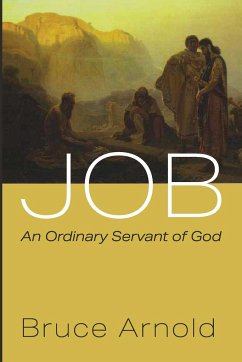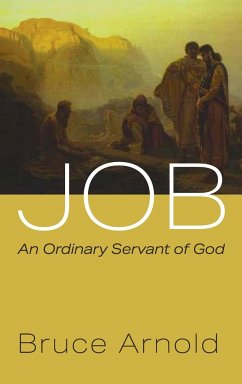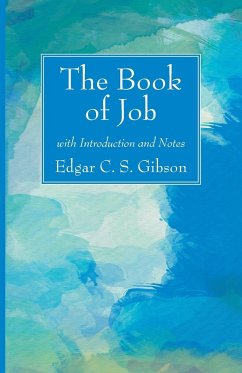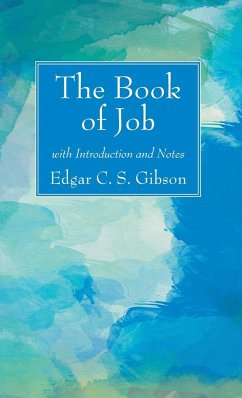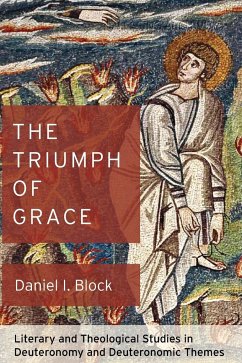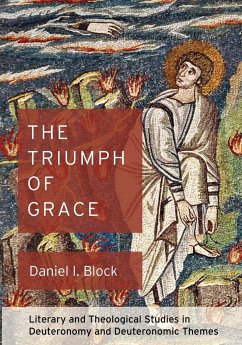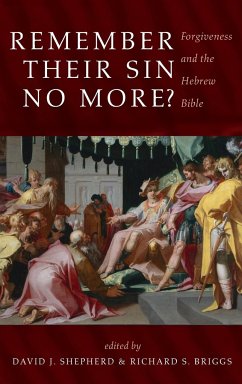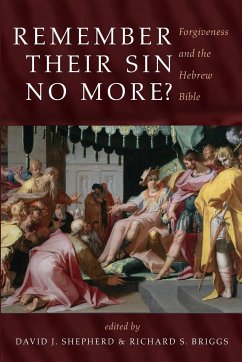Most people think of the book of Job as an attempt to explain suffering, but they fail to see the more important issue of God's righteousness and graciousness in bringing good out of evil. The understanding offered in this book helps the reader focus accordingly on God's purpose in grace to bring Job to know Jehovah himself and his heavenly will that he might thereby be transformed and truly become a servant of God. In this respect, the book presents a paradigm of God's crucial work with all believers to make himself known to them through revelation and repentance, that they might genuinely know him as their Redeemer and be one with his exalted will. As is expressed throughout the Bible, God warmly desires that all his people serve him. The repentance that comes at the climax of the book is not the believer's repentance upon initial faith but the more crucial repentance of the mature believer for the kingdom of God. God's purpose with our lives depends, therefore, on our understanding his will and knowing our God and his righteousness. Job is an "ordinary servant of God," therefore, as a pattern to all believers.
Hinweis: Dieser Artikel kann nur an eine deutsche Lieferadresse ausgeliefert werden.
Hinweis: Dieser Artikel kann nur an eine deutsche Lieferadresse ausgeliefert werden.

